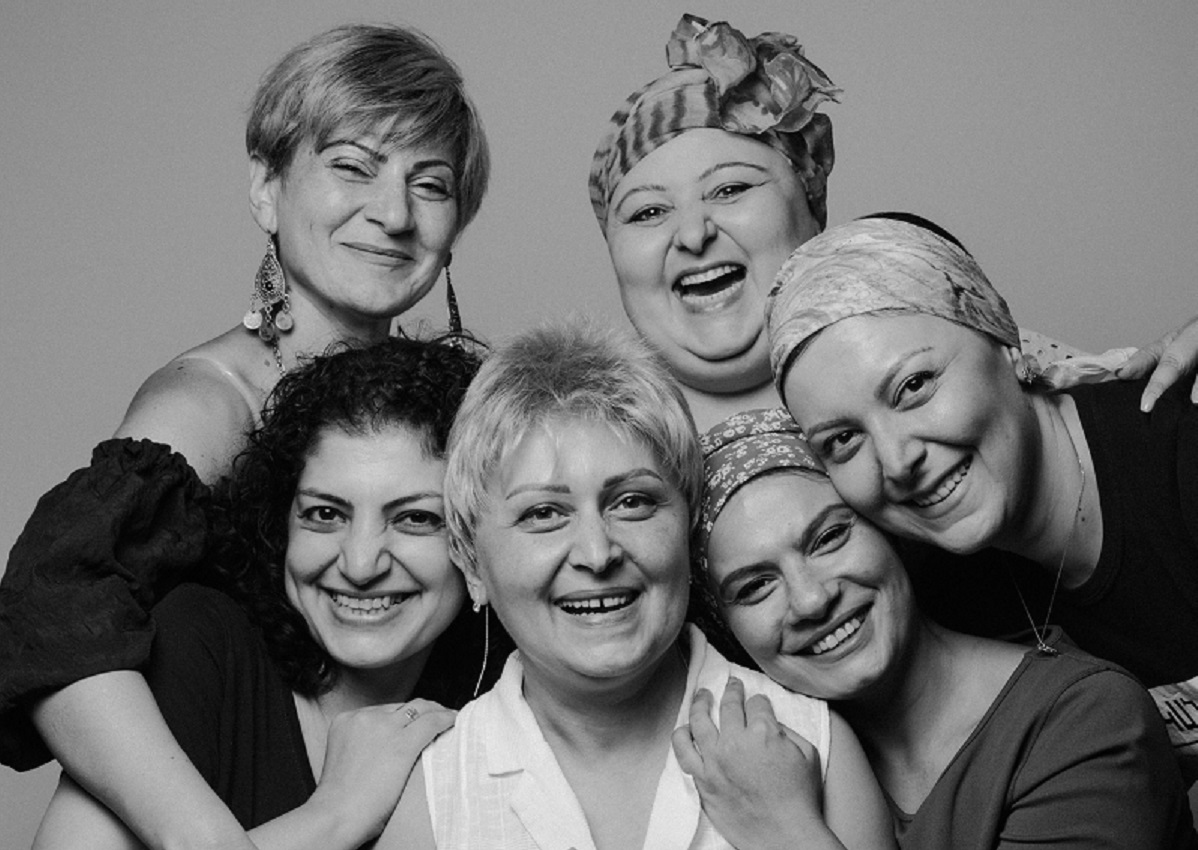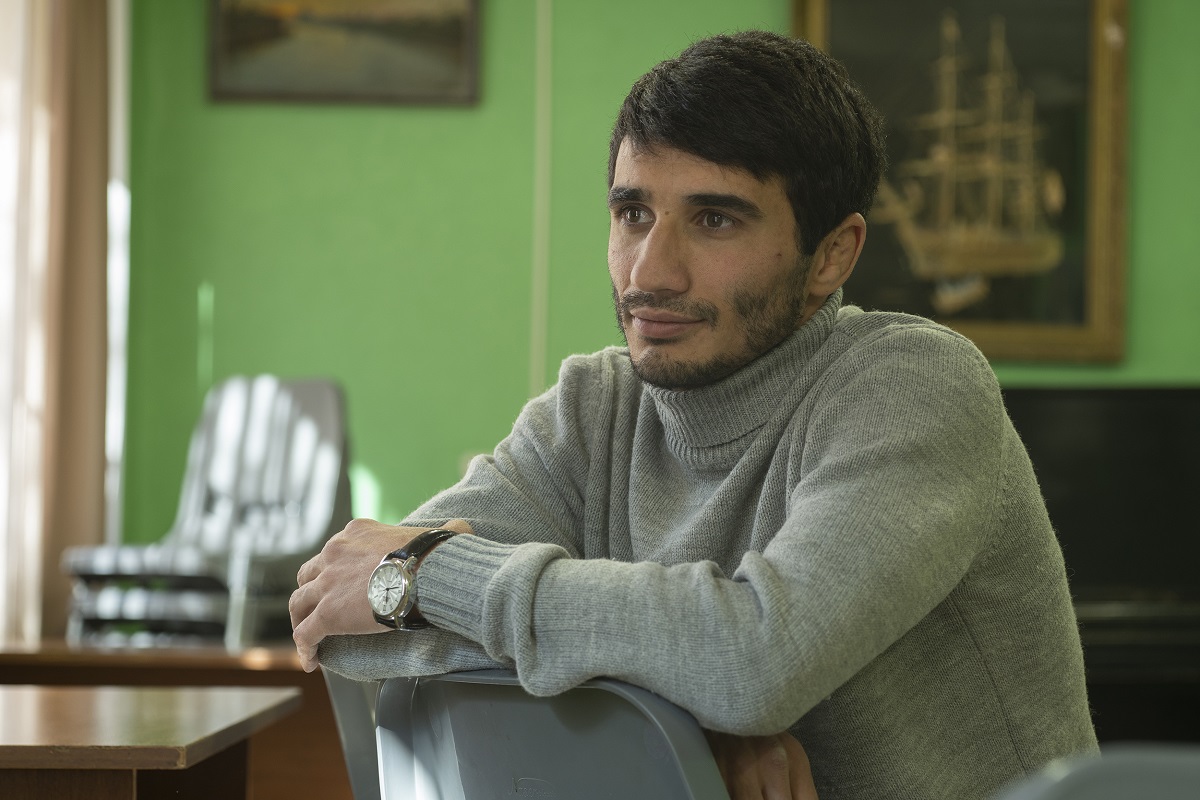Emergency medical service in Yerevan: stories and video
Problems of emergency medical services in Yerevan
In January of this year, the Yerevan ambulance service received 94,609 calls. 73,065 were answered immediately. The rest couldn’t get through on the first try – all operators were busy. However, eventually everyone managed to get through – on the second, sometimes third attempt. And it took seconds to connect,” assured the management of the healthcare department of the Yerevan municipality.
There are 43 ambulance crews serving the capital. According to the norms adopted in the healthcare sector, this is insufficient to serve the more than a million people who live here.
Each crew responds to 25-30 calls during their 24-hour shifts. According to experts, this is an excessive workload for ambulance staff.
How do doctors cope with this workload, and how is the main problem of urgency resolved – arriving on time for a call?
- Moped ambulances in Yerevan: delving into benefits and drawbacks
- Doctor Yan: an Armenian app for direct communication between patients and doctors
- Armenian families of soldiers killed in Karabakh war offered fertility treatment
“You can’t save a person if you get upset instead of taking action”
Twenty-six-year-old Veronika Nazaryan has been working in an ambulance crew for nine months already. After graduating from medical university, she decided to start her medical career by working in the emergency medical care system.
In her crew, there’s Nurse Anait, who has been working in the system for 40 years, and Driver Vachik with 15 years of experience.
When asked about sleepless nights and tough shifts, the whole crew jokes around. Only their eyes betray their fatigue. Veronika says that when she puts on her medical uniform, she automatically takes on the responsibility for people and forgets about tiredness and personal problems.
“We work intensively, we have 24-hour shifts. The last two months have been particularly tough, with more calls than usual because of viruses. But it’s seasonal overload, so I approach it consciously, or rather – professionally. A doctor never gets tired,” Veronika jokes.
She admits that before starting this job, she couldn’t imagine the tension and stress a doctor in emergency care has to endure. But she doesn’t complain – she dreamed of wearing a white coat since childhood. She says she still finds time for sports, loves singing, and dancing.
The complexity of our profession lies in the fact that you never stop being a doctor when the workday ends. A doctor is someone who loves people. If you love people, you can’t be indifferent to them, wherever you are. Not to mention friends and relatives who may exploit my professional knowledge,” says Veronika with a smile.
Her narrow specialty is gastroenterology. She could have seen patients in a cozy office at some clinic and not respond to dozens of calls a day. But she claims that this choice was deliberate:
“Emergency care is an important link for the professional growth of any doctor. It’s also important for mental resilience. After the first calls, I spent hours thinking about each patient, cried after visiting cancer patients. Now I act calmly, that is, professionally. You can’t act quickly to save a person if you get upset instead of taking action.”
How not to be late when emergency help is needed?
Residents of Yerevan often complain that they have to wait a long time for an ambulance after calling 1-03.
According to the Yerevan municipality, only in the first 18 days of January, 19,599 calls were registered. This figure exceeds last year’s numbers by 14 percent.
Moreover, there are over a million people living in the capital. And they are served by a small number of crews – fewer than international standards require.
“For every 20,000 residents, there is one ambulance. This means that we need at least 53-55 ambulances to serve a population of 1,075,000. And we are already taking measures to increase the fleet,” says acting head of the municipality’s health department, David Karapetyan.
Doctors also don’t hide the fact that they sometimes delay responding to calls due to overload. But a solution to the number one problem has been found – not to be late for critically ill patients. Now, all calls are classified by urgency.
If a patient’s life is in danger, the crew is dispatched immediately. The maximum waiting time in such cases is 10-15 minutes. There are calls of “first-degree urgency” when the health risk is assessed as high. In such cases, the crew should arrive within 20 minutes. And for second and third-degree urgency calls, the crew arrives within 45-60 minutes.
“Often patients, for example, with a high temperature, who do not need immediate assistance, expect the crew to arrive 10 minutes after the call. Of course, if the doctors are available, they will come. But for us, priority is given to calls of a different degree of urgency, when urgent assistance is needed,” explains David Karapetyan.
According to Veronika, sometimes people react nervously because the doctor arrived later than they expected. But she emphasizes that this usually happens in cases where immediate medical assistance is not required.
Cases of violence against doctors
In recent months, there have been reports of disrespectful treatment of emergency medical service doctors and even violence against them.
At the beginning of the year, a 40-year-old man demanded that the emergency doctor administer tramadol to him. The doctor advised him to trust his choice and offered another painkiller. The patient behaved aggressively, forcing the doctor to comply with his demand, and insulted the members of the crew. Subsequently, the doctor was beaten by three of the patient’s friends. Later forensic examination confirmed a concussion and a broken nose. Emergency doctors say that, unfortunately, none of them is immune to such incidents.
According to Veronika, emergency doctors, in addition to professional knowledge, need strong nerves, the ability to assess the situation quickly, and composure. She believes that it is important not to react to insults and threats, to be friendly in any situation:
“We interact with different people, and sometimes we do met inadequate individuals. Sometimes they are under the influence of alcohol or drugs. In my practice, there was a call when the patient was drunk, breaking things in the house, threatening to jump out of the window. Such incidents are dangerous for the lives of all crew members. It is impossible to help such a patient. So we called the police.
Sometimes people lose control as they fear to lose the family member. Sometimes they become aggressive, can insult, blame the doctor. There are people who lose it so much in this situation that they do not allow the doctor to help the patient. In such situations, we have no choice but to empathize with people.”
Nikolay Sargsyan is the head of the 7th emergency station. He has decades of experience in emergency medical care. According to him, stress is an integral part of the profession:
“A doctor, especially an emergency doctor, must to some extent be a psychologist, feel what a person needs at the moment. Illness is stress. It is stressful for the patient’s relatives as well. You need to be able to smooth things over, avoid conflicts. There are no other options.“
The doctor’s task is to provide first aid
Veronika explains that in recent years, all medical equipment in ambulance vehicles has been updated. The crew has everything necessary to provide first aid.
However, a large portion of patients expect the emergency doctor to prescribe full-fledged treatment. Whereas their task is only to provide initial medical assistance:
“If we see that a person needs examinations or specialized medical tests beyond the scope of our service, we direct them and explain where to seek help. And if the situation is urgent, we offer to transport them to the appropriate clinic.”
There are also complaints that the ambulance does not take the patient to the clinic of their preference. “Hospitals are overloaded and often do not accept patients. But we are in constant contact with all clinics, we know which department of which hospital has available beds,” assures Nikolay Sargsyan.






















